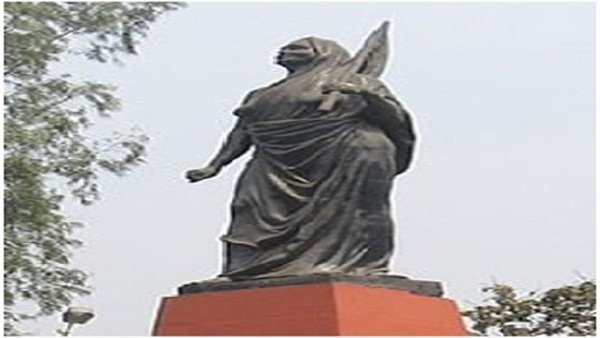
China concludes Taiwan drills, reaffirms ‘reunification’ pledge
[ad_1]
China’s military on Wednesday said, after close to one week of military exercises surrounding Taiwan, that it had “successfully completed” its drills, even as Beijing once again pledged that it would seek “reunification”.
The PLA Eastern Theatre Command, which on August 4 began unprecedented live-fire drills around Taiwan a day after the visit of U.S. House Speaker Nancy Pelosi, said it had “completed” various tasks that had “effectively tested the military’s integrated joint combat capability.” It added that it would continue to carry out training and “regularly organise combat readiness” patrols across the Taiwan Strait.
China has sought to convey that the exercises, which included aircraft and warships crossing the median line of the Taiwan Strait and the firing of conventional missiles over Taiwan, would bring in a new normal in military activity.
On Wednesday, Beijing released its only third ever “white paper” on its Taiwan policy, which reaffirmed its quest for “reunification” and appeared to withdraw some of the autonomy guarantees made in earlier white papers in 1993 and 2000.
The paper from the Beijing’s Taiwan Affairs Office, titled “The Taiwan Question and China’s Reunification in the New Era”, said China “will work with the greatest sincerity and exert our utmost efforts to achieve peaceful reunification.” “But we will not renounce the use of force, and we reserve the option of taking all necessary measures,” it added, repeating the earlier white paper’s declaration that “use of force would be the last resort taken under compelling circumstances.”
The “new era” refers to the rule of Xi Jinping, who declared the start of a third era, following the Mao and Deng periods, starting with his coming to power in 2012. Mr. Xi, 69, will begin an unprecedented third five-year term this year, and most analysts in Beijing expect him to remain in power for at least another decade.
The white paper called “reunification” a “historic mission” of the Communist Party, saying “never before have we been so close to, confident in, and capable of achieving the goal of national rejuvenation.” “The same is true when it comes to our goal of complete national reunification,” it added, drawing a connect between Mr. Xi’s stated goal of “rejuvenation” with “reunification”.
The white paper said the “one country, two systems” formula adopted in Hong Kong would similarly be applied in Taiwan.
However, recent surveys in Taiwan have shown fewer and fewer people support the idea of unification or of “one country, two systems”, with those numbers falling to a record low in the wake of changes in Hong Kong following the imposition of a national security law.
A July 2021 survey by National Chengchi University showed self-identification as “Taiwanese and Chinese,” or solely as “Chinese” dropped to record lows and 63.3% identified as Taiwanese. Most respondents (28.2%) supported the status quo across the Strait, with 27.5% wanting the status quo made permanent. Only 1.5% supported unification, while 5% “leaned toward unification”.
While the paper broadly reaffirmed the official policy on Taiwan, it had “withdrawn a promise not to send troops or administrators to Taiwan after taking it back”, Reuters reported, noting that “two previous white papers on Taiwan, in 1993 and 2000” said China “will not send troops or administrative personnel to be based in Taiwan” after achieving unification.” That reference had been removed.
[ad_2]
Source link


